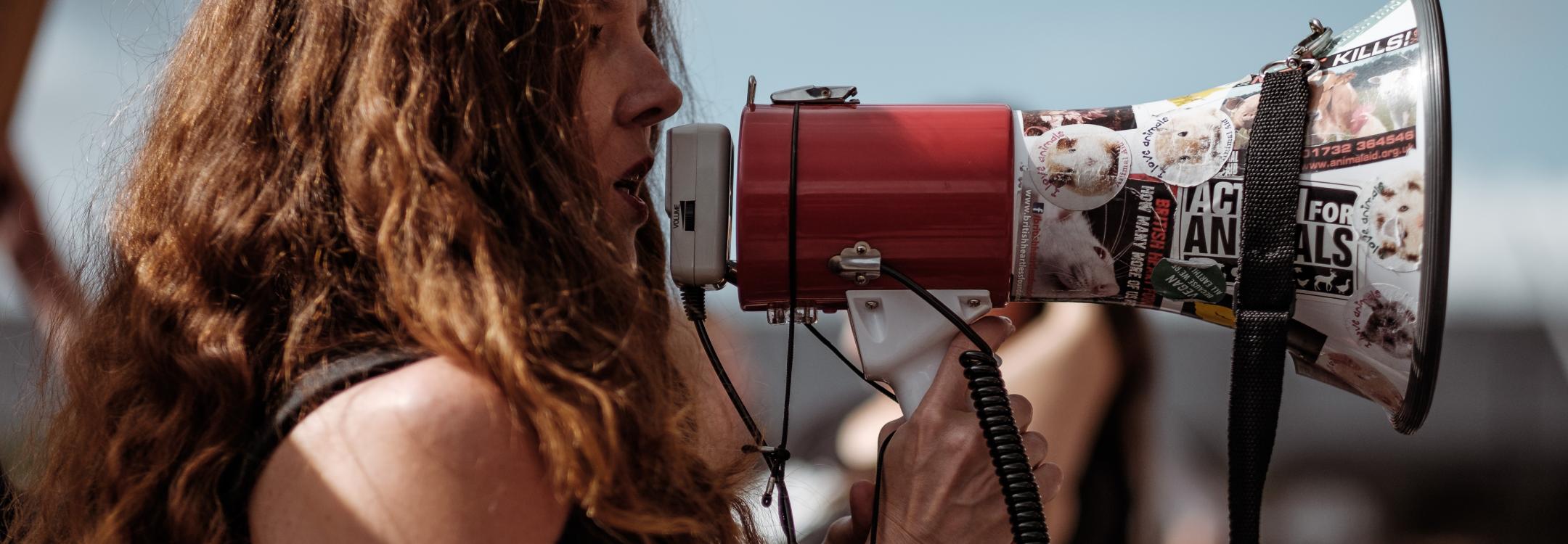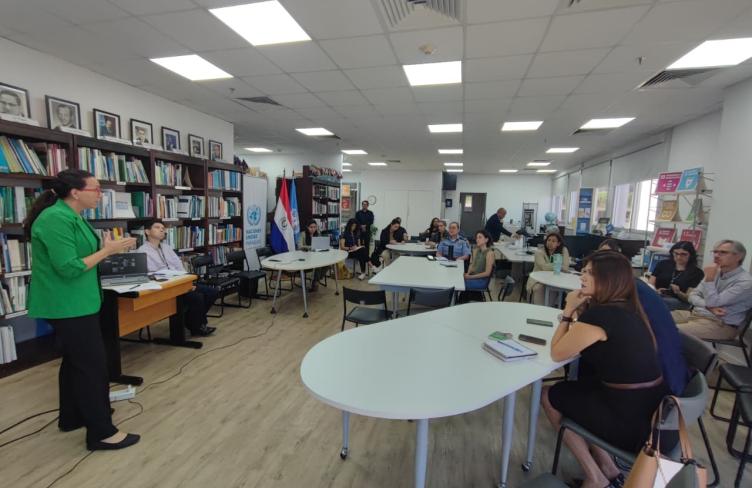
SHOUT TO THE TOP!
And preferably do it as loud as you can. If you are in a position or have the privilege to change anything to promote human rights. Anywhere, everywhere - and especially in Sarajevo, Bosnia and Herzegovina, Europe, the world, planet Earth, the Milky Way galaxy. Because someone, somewhere will care, someone, somewhere, sometime will appreciate it and someone, somewhere, sometime, somehow, will be better off because of it.
We got our chance to do something about the human rights of persons deprived of liberty in Bosnia and Herzegovina all the way back in the early 2000-s. A small group of local custodial professionals took a long hard look at themselves and accepted the offer of help, extended by the Council of Europe and some international experts, to design, draft, deliver and debrief about the training on operational procedures for managing persons deprived of liberty compliant with human rights standards. The “4D” approach was conceptualised back then and it has been kept alive by various contributors over the past two decades.
This is where we choose to start depicting the human rights training structures in the custodial environment in our small country in the South-East Europe.
You will have heard about this country in history classes, from the beginning - right to the end of the 20th century. Most of it was, sadly, not good.
The World War I started in Sarajevo with the attempt on the life of the Archduke Franz Ferdinand. The Herzegovinian band Zoster has a pretty picturesque song about the unfortunate Gavrilo Princip and his family circumstances. But it turns out there was also a good side to it, albeit decades later - turns out we’ve also inspired some Scottish blokes to play some jolly good indie rock. Then the World War II managed not to avoid us either. Followed by the decades of communism/socialism, some pretty scary prisons like Goli otok - for non-obedient citizens and Zenica - well….for basically everyone else. But there was also the overall humane prison system or at least that is what those in the know told me. Where the prisoners imposed with more lenient sentences could benefit from the occupational therapy and vocational training, not to mention the home leaves and conjugal visits.
And then the 1990s happened to all of us, especially us in the Western Balkans.
Prisons and police were the first to go under the avalanche of the human rights violations. The community policing concept taken for granted in the former socialist BiH when we were kids was highjacked by the politicians, only to be replaced with the very seriously sounding “intelligence lead policing” and very physically sounding “control and restraint measures”.
And then we joined the Council of Europe in 2002, the big pan-European family of old and new emerging democracies, where everyone commits to the same principles and strives to attain the same human rights standards and protection mechanisms.
Leo Tolstoy believed enough in families to put it in writing that “happy families are all alike, every unhappy family is unhappy in its own way”. And my, oh my, was this particular family unhappy….. the war changed everything, abandoned the existing system of values, failing to establish a new one. It reared its ugly head and seemingly convinced the law enforcement that just a little bit too much force is not really too much. That impunity can be disguised with good intentions and upholding of the authority.
However, the big Council of Europe family was minded to flaunt a different idea to us in Bosnia and Herzegovina: to bring the new cousins to the table and help them reinstate their table manners. The BiH authorities welcomed this opportunity and signed up for the reform of the prison system(s) by introducing interactive methods of training of prison staff, independent as independent inspection is possible and thorough detainees’ complaints avenues, to name but a few. The “Human Rights Convention” became a legally binding instrument, second to none, including even the Constitution of Bosnia and Herzegovina. The “Torture Prevention Convention” paved the way for the monitoring visits and streamlined recommendations, helping us not to be left to our own devices. OK, the Pet Shop Boys had the similar message for some of us only a couple of years earlier, but who’s dwelling on it now….
The technical cooperation projects, for which the Council of Europe was/is famous, kicked off in Bosnia and Herzegovina in 2003. A succession of 13 consecutive projects were implemented to date, with most of them focusing on the capacity building, harmonisation of regulations with the European body of work, reinforcing good local practices by cross-referencing them with widely acceptable standards, etc.
Now – back to the family, remember? We are a part of it now and we have signed up for the story we’re about to start telling, a story offering a different narrative to the one we had pre-1990s. It tells about a vision of the society in which a person deprived of liberty enjoys the same rights to be examined by a doctor, defended by a lawyer, inform a relative or a third person of one’s own choice, and be visited by her/his consular representative as anywhere and everywhere in Europe, regardless of the place or nature or length of their detention. To be treated in the custody based on the specific needs the person has and the risk s/he presents in the custodial environment.
In the coming months, I should like to tell you the story of what and how we did it in our “emerging democracy”, to borrow the term from the economists and adjust it, for the lack of a better word.
There is one point we would want you to pick up on - the upholding of human rights is still an ongoing endeavour in Bosnia and Herzegovina despite being infringed upon and/or violated against, but not for the lack of professionals who were/are trying to improve things. On the contrary, it is still very much a job in hand precisely because so many custodial professionals have been protective of the human rights concept, because they were feeling different from the others and acted on their difference.
The monitoring bodies have been shouting to the top for 20+ years, human rights experts have been analysing and reviewing and drafting, trainers have been training and donors have been donating. So why does it take so long? Perhaps because it is easier to just shake but not stir, to do as taught by the peer mentors, to not engage, to not learn, to not apply, simply just “to not“.
But, because some of us chose “to do”, we are here to tell this story and the quest for human rights became a story to tell and a full-time career for many of us.
You can opt to spend your time thinking about human rights here/there/anywhere or choose to read something else. For those who choose to stay on these pages we will shortly serve the concepts of the “4D” human rights accreditation scheme, the idea behind the forensic nursing staff mentoring police officers on how to deescalate confrontation, the protocols to combat the human rights violations-prone treatment of persons deprived of liberty in the criminal justice system and …. well, just about everything that we can find a reference to in a song or before we run out of the song. Whichever comes first.
So next time you hear Weller's husky, probing, inciting calls to shout to the top, think of the ways you can join us, them or anyone who fights for human rights of those who are deprived of liberty, freedom, voice. Who are silent. So shout to the top of your voices with us. Perhaps while at it, you can have a go at these lyrics….
So when you're knocked on your back and your life's a flop
And when you're down on the bottom there's nothing else
But to shout to the top
Stay tuned, if you will.
